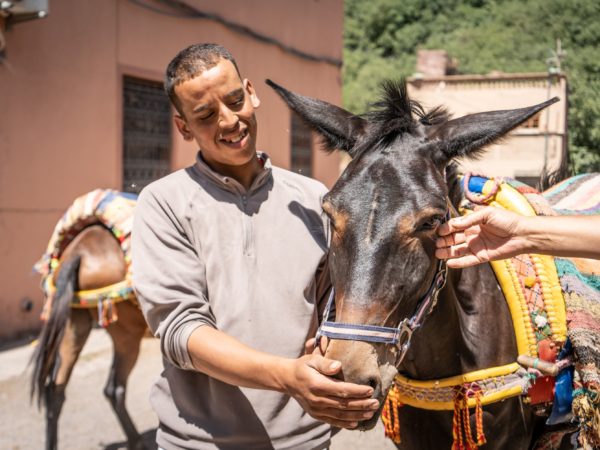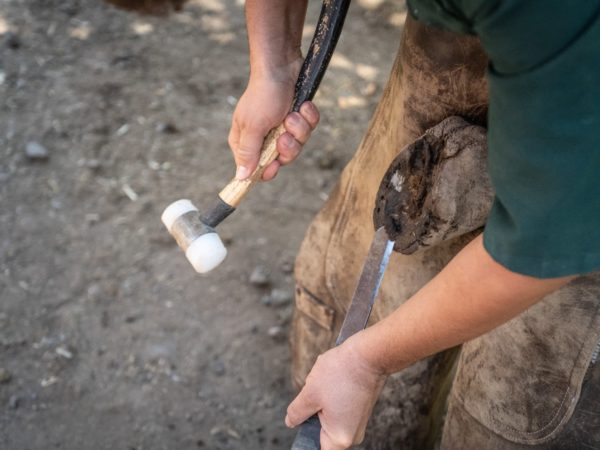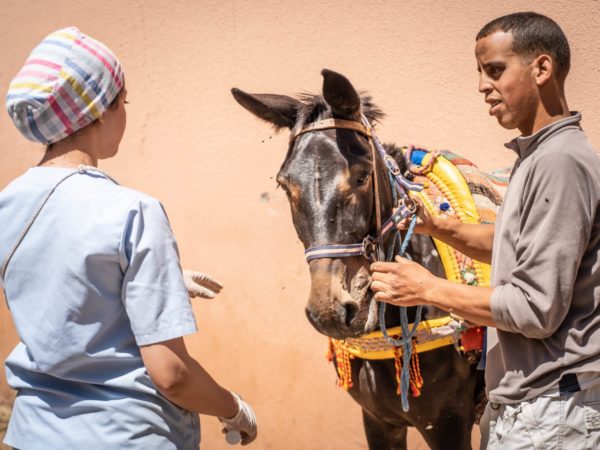You may also be interested in
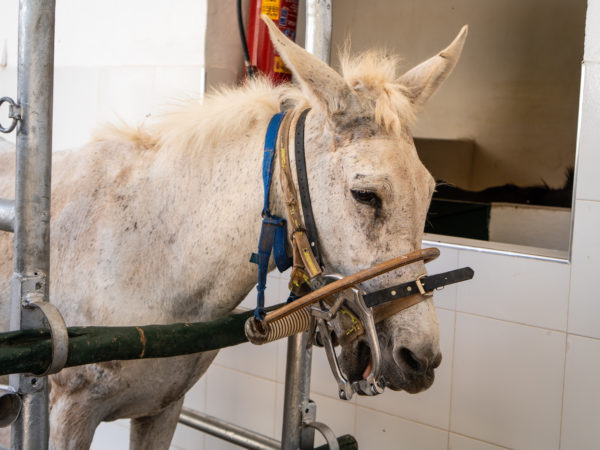
Bono the mule’s visit to the SPANA dentist
Find out how SPANA vets in Morocco helped an elderly mule in need of urgent dental treatment.
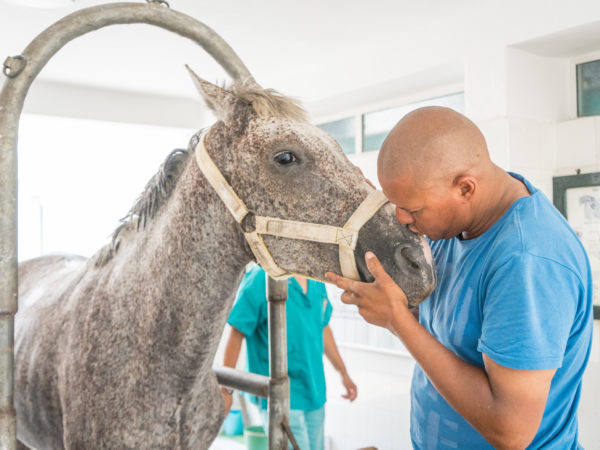
How SPANA got Zoro the horse back on the road
When Zoro the horse suffered a horrific injury to his leg, his owner took him straight to SPANA’s veterinary centre in Marrakech for emergency treatment.
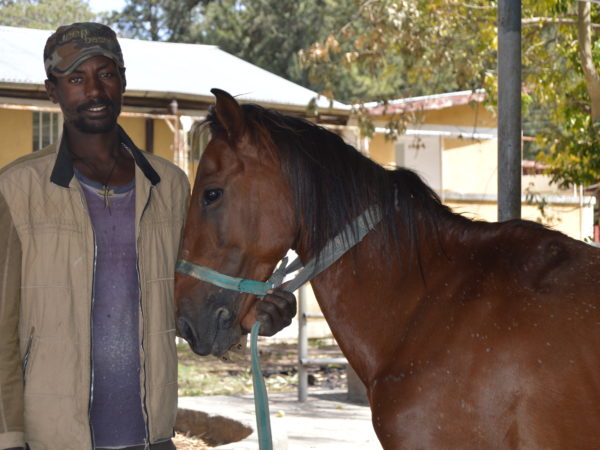
Miruts the horse’s urgent EZL treatment
When Miruts the horse developed epizootic lymphangitis (EZL), SPANA vets in Ethiopia worked quickly to treat this deadly disease.

Bono the mule’s visit to the SPANA dentist
Find out how SPANA vets in Morocco helped an elderly mule in need of urgent dental treatment.

How SPANA got Zoro the horse back on the road
When Zoro the horse suffered a horrific injury to his leg, his owner took him straight to SPANA’s veterinary centre in Marrakech for emergency treatment.

Miruts the horse’s urgent EZL treatment
When Miruts the horse developed epizootic lymphangitis (EZL), SPANA vets in Ethiopia worked quickly to treat this deadly disease.

